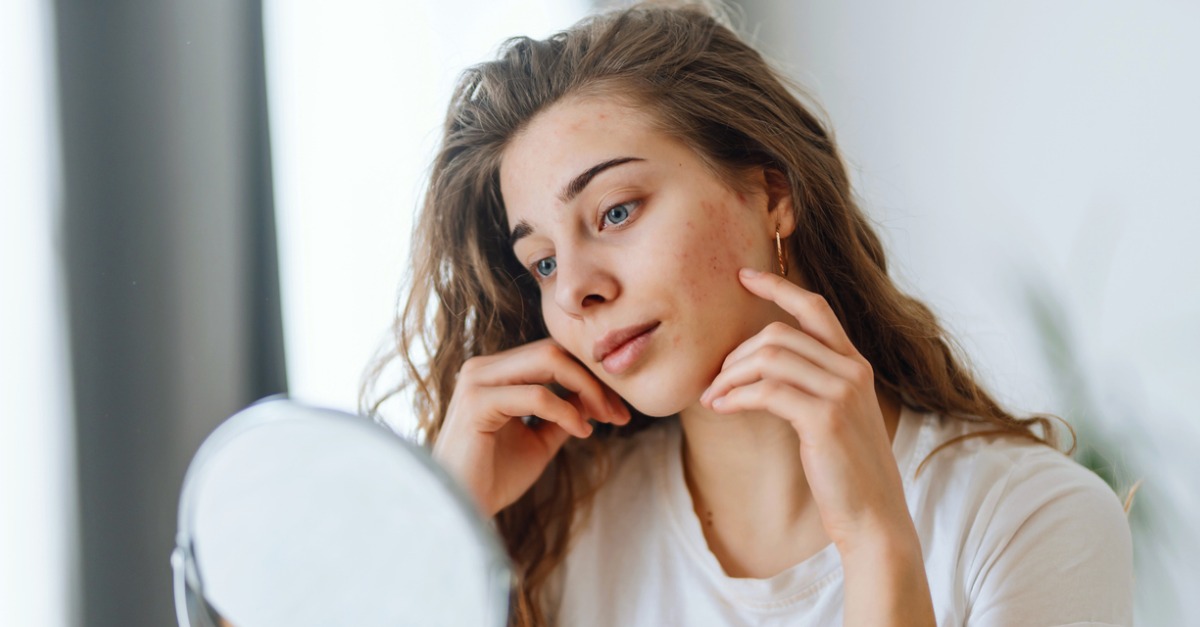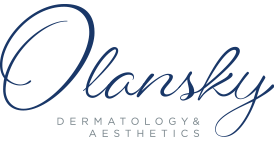Acne is one of the most common skin conditions. It can also be one of the most frustrating to deal with. While acne typically affects young adolescents, it can linger into adulthood as well. The highly visible and often erratic pattern of red bumps and pimples on the face can take a major toil on one’s self-esteem. In fact, a recent article in the New York Times exposes new research that says that acne sufferers are at “a substantially higher risk for depression.” This seems to be especially true in the first years after acne appears.
The article refers to a recent study from the British Journal of Dermatology, which centers on the link between mental health and acne. The study found that over a 15-year study period, the probability of developing major depression was 18.5 percent among patients with acne and 12 percent in those without. The risk was highest in the first year, when there was a 63 percent increased risk of depression in a person with acne compared to someone without!
Treating Acne and Lowering Your Risk of Depression
Whether you are an adult who suffers from stubborn acne or a parent of a teenager who is feeling isolated or embarrassed by this skin condition, it is important to know that you don’t have to suffer. In fact, there are a wide variety of acne treatments available. Over-the-counter face cleansers and creams do not work for everyone. It is highly valuable to let a board-certified dermatologist implement a customized treatment plan based on the type and severity of your acne condition.
At Olansky Dermatology & Aesthetics, we offer a full menu of acne treatments to help clear your skin and boost your self-confidence. It may be as simple as a prescription for a daily facial cleanser or getting a chemical peel to improve your mild acne. For more severe teen or adult acne, we offer state-of-the-art Laser Treatment or Blue Light Photodynamic Therapy. By effectively treating acne or acne scars, you may be able to lower your risk for depression.


